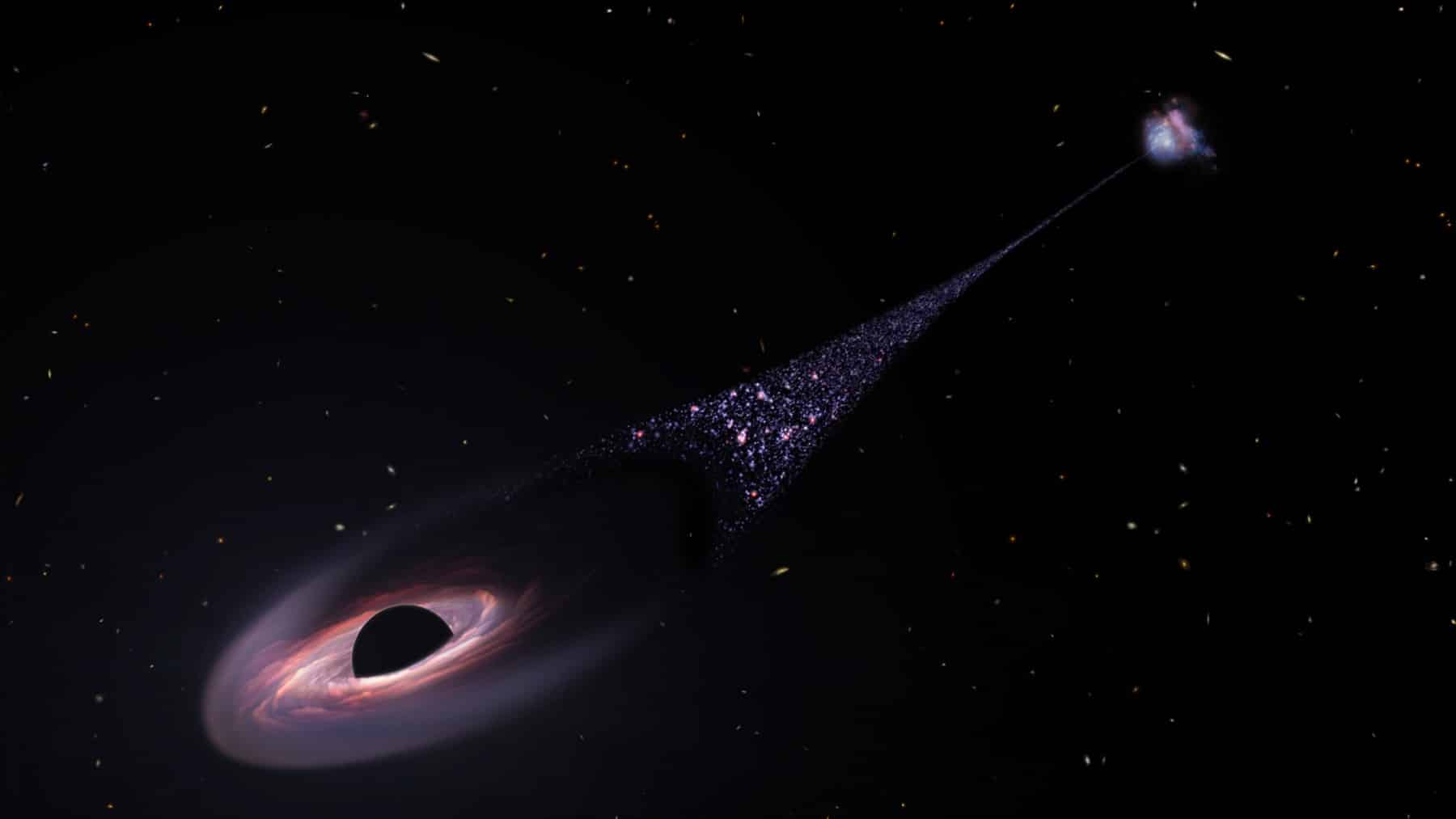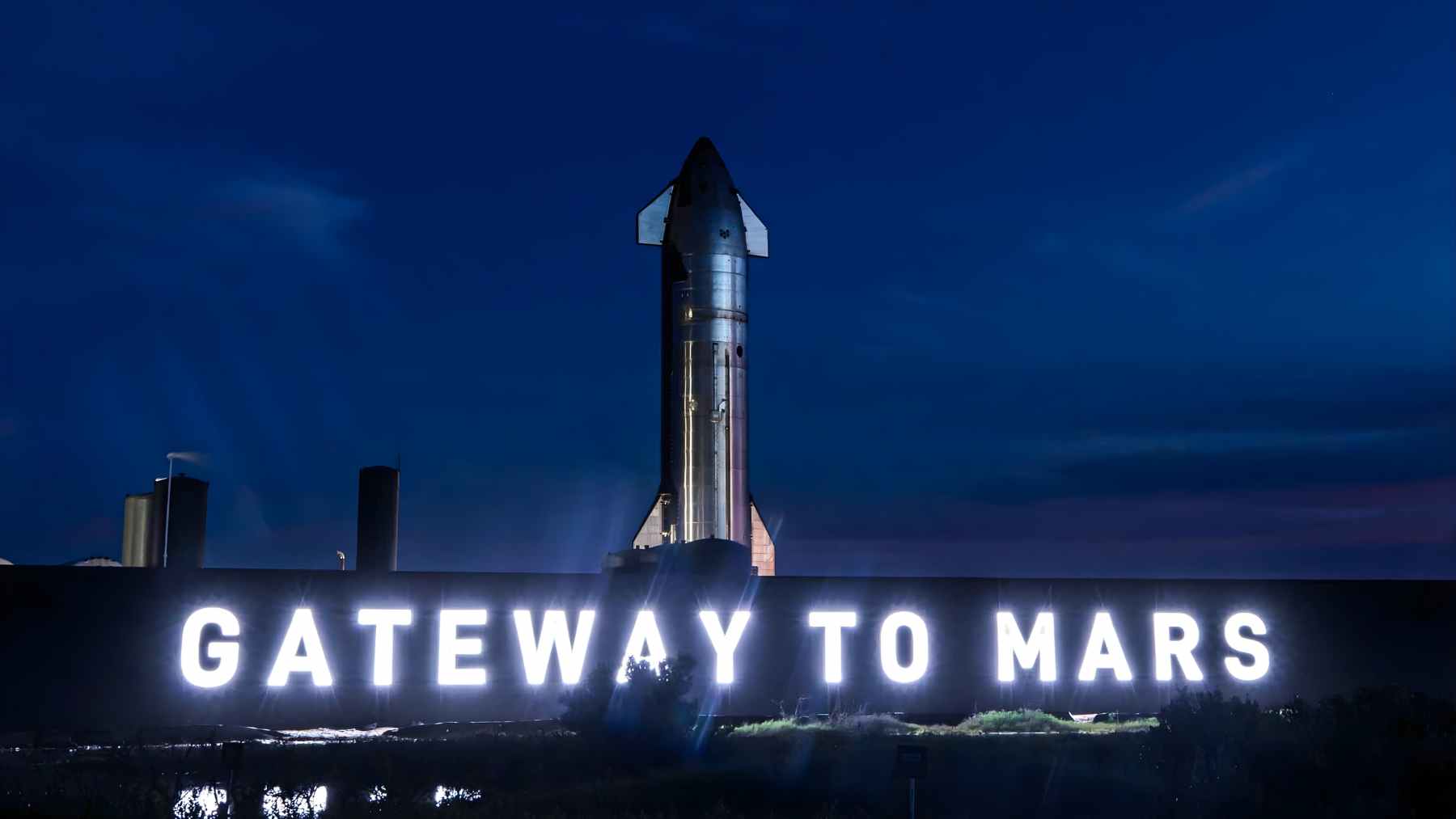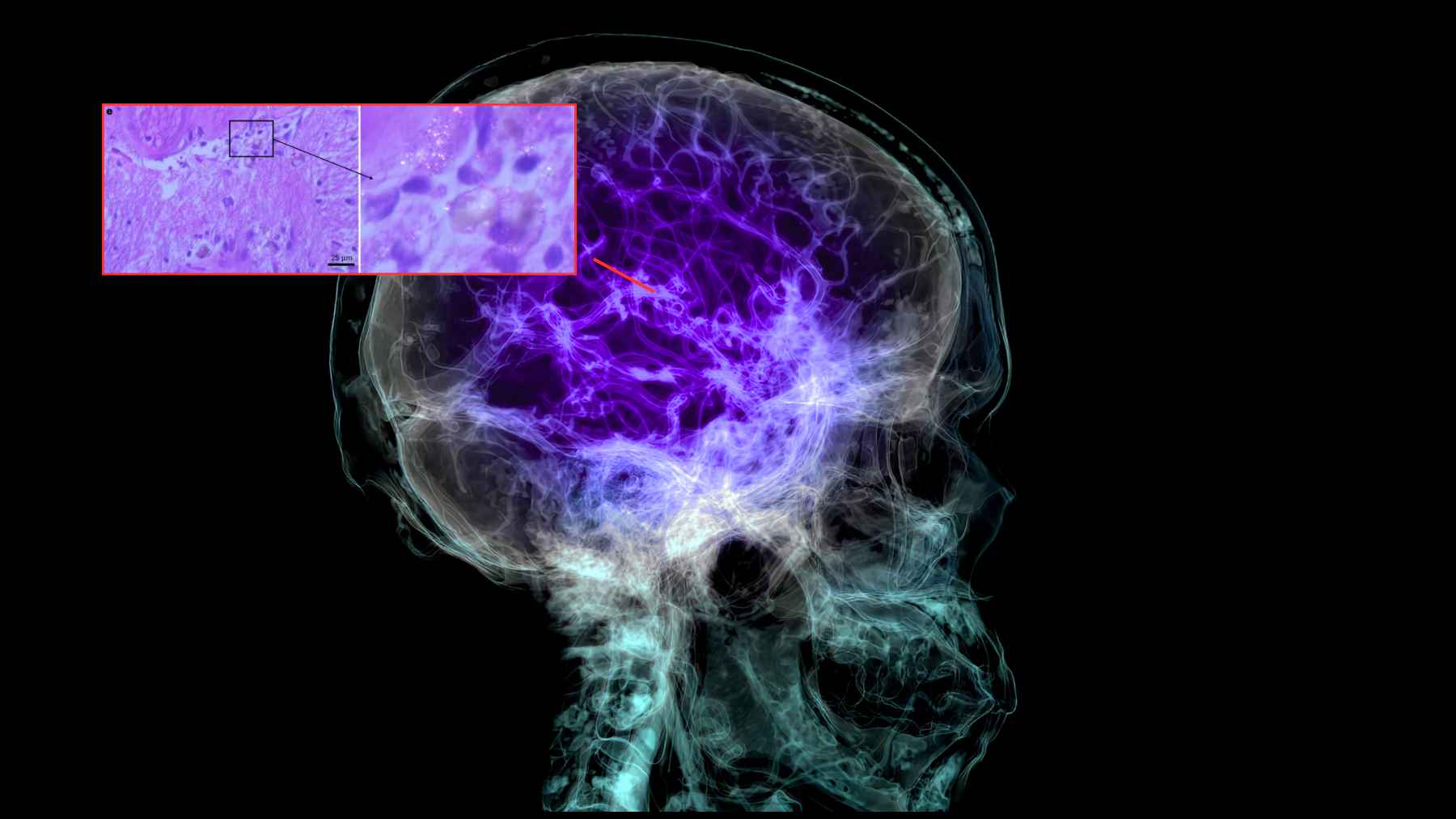Scientists and the public have always studied the future of the universe as an intriguing matter of analysis. NASA research findings have made public a mysterious theory that suggests the universe faces a “Big Freeze” because of dark energy-driven everlasting cosmic expansion. This analysis examines the disturbing cosmic concept of the Big Freeze and its implications for the cosmos.
The big freeze: A chilling fate due to endless expansion
The Big Freeze theory describes how universal expansion evolves to a state that defines the cosmic phenomenon of Heat Death. Through NASA’s Wilkinson Microwave Anisotropy Probe, scientists verified the existence of dark energy as a mysterious cosmic power that mainly regulates universal expansion rates. Dark energy drives galaxy separation because it expands the universe at an accelerated rate while simultaneously slowing the speed of universal expansion.
Expansive action will cause the universe to experience progressive temperature reduction. The energy that matters for stars and celestial bodies fades away, resulting in a universe that descends into complete darkness. Scientists predict the creation of a cosmic void with no living stars because every star will cease to exist without new star formation.
Dark energy’s role
The scientific community learned about dark energy during the 1990s as a matter component that shows negative pressure sufficient to override gravity. Dark energy opposes gravity because it forces the universe to expand rapidly. Scientific measurements of remote supernovae indicate that cosmic expansion keeps growing faster daily.
Dark energy creates most of the universe’s total energy density, at 71%, because it functions as the leading determinant of universal evolution. The universe will expand forever based on dark energy growth until temperatures drop to levels that prevent life from existing.
The implications of a dark future
The expanding distance between cosmic bodies will cause distant bright objects to display reduced light emission, leading to longer periods of darkness for billions of years. The universal darkness from distant celestial objects will gradually become stronger until it separates all galactic entities.
Such energy and light scarcity would lead to fundamental modifications of the universe’s structural frame and functioning.
Cosmic drift
According to the Big Freeze theory, future galaxies will divide into separate fragments that cease to maintain their present-day dynamic systems. A wide range of time increments will turn the universe into frozen, scattered fragments after its natural star and planetary generation capabilities stop being possible.
The human perspective
By observing the Big Freeze theory, people gain awareness about the uncertainty of the duration of everything that exists. The Big Freeze theory tests conventional ideas about cosmic structure while demonstrating the short life span of every space system by showing their fundamental weakness. Our contemplation of cosmic destiny makes us value transient life and our present existence.
Through this viewpoint, we gain enhanced knowledge about the intricate beauty of the universe. During this brief window of active cosmic dynamics, we should take time to understand space because our universe will eventually cease to exist.
The quest for understanding
According to NASA, studies regarding dark energy and the universe’s fate demonstrate the value of scientific investigation and the discovery of new knowledge. By understanding the cosmic forces that exist, we acquire an understanding of what the universe contained in the past and what it will deliver in the present and future. Knowledge pursuit motivates people to explore beyond their known boundaries while answering their curiosity about what lies unseen.
According to the Big Freeze theory, the universe reveals its harsh destiny through endless expansion, which stems from dark energy effects. Throughout cosmic expansion and universal cooling, the universe will evolve into a barren space consisting of darkness and coldness. This troubling projection seriously doubts our current comprehension of the cosmos.














